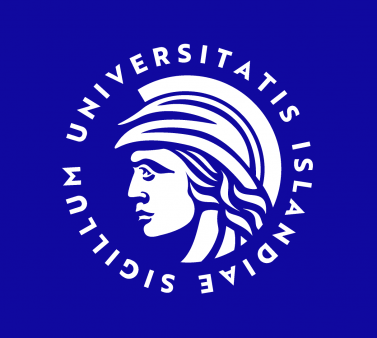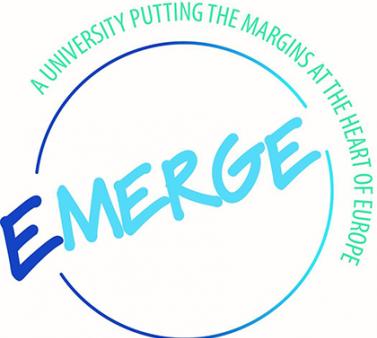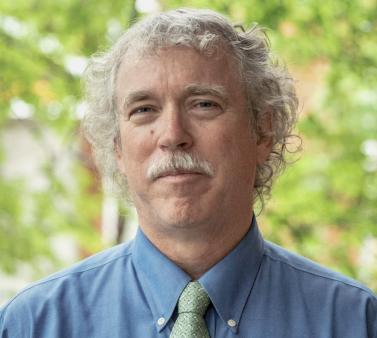Objectives
For the three pathways, History, Social Sciences (HSS) / International Relations, Globalization and Interculturality (RIMI) / Mediation of Heritage and History in Europe (MPHE), the training combines three objectives:
-
compiling a personal research project in close collaboration with a research director and within the context of the laboratory concerned.
-
learning historical research methods and discovery of the scientific environment.
-
reflection on the relations between history and other social sciences, and on intercultural situations.
The blend of specialized and general disciplinary knowledge and the acquisition of reflective and writing skills provides students with different options at the end of their Master’s degree. They can go on to do a PhD or go directly into employment in the different service sectors, related or not to history.
Skills
These three pathways provide students with common knowledge and skills:
-
field-specific (introduction to historical research; mastery of investigation and analysis tools; implementation and valorization of research; introduction to international scientific environments),
-
transversal (critical processing and dissemination of information skills; reflection, expression and communication abilities).
Course Content
The degree is organized around three pathways. Master 1 is mostly shared with a few options available in line with the pathway planned for Master 2. In Master 2, the three pathways are autonomous. This structure allows students to confirm or modify their choice at the end of Master 1 through the gateways between the three pathways HSS, MPHE and RIMI.
Master 1:
Students must follow the following modules each semester: two research seminars, one core syllabus for the whole year (focused on the link between history and the social sciences and the question of interculturalities) and one specialization (2 hours each); two working tools, specialized or transversal (1.5 hours each), that students choose according to the orientation of their personal project and areas of interest; language course (2 hours). At the end of year 1, students must present a dissertation, an essential component because it lays the foundations for future research work (sources, historiography, issues, plan). Students can submit a completed dissertation if they are doing only one year (M1) of this master’s programme. In MPHE, the dissertation is primarily related to the issues of heritage and/or mediation.
Master 2:
For HSS and RIMI, priority is given to data processing and the development and writing of a research dissertation. This is generally a sizeable piece of work (often over 150 pages long, excluding appendices), reflecting an important investment by students in their training. Additional teaching is reduced:
-
HSS: seminar (1 hour) and master classes (one or two days); working tool (1.5 hours); pre-professionalization course geared towards research practice (1 hour) or teaching practice (followed by a question on the competitive examination programme). The last two items only concern the first semester.
-
RIMI: a lecture on international relations since 1945 and two three-hour seminars (global history / comparative history; globalization and interculturality), taught by a multidisciplinary team (history, political science, ethnology, civilizations).
-
MPHE (vocational Master 2): focus on the collective implementation of mediation projects under the direction of a mediator. The 4 to 6 month internship is an integral part of the training. Students use this experience to write their dissertation, which they must then defend.
NB: By following a specialized language module and guidance training, students on the MPHE pathway can also become officially certified as a tour guide.
Note: some components of the HSS and MPHE pathways are shared. HSS and MPHE also have shared elements with the Master’s courses: MEEF History-Geography, Digital Humanities, Performing and Performing Arts.




